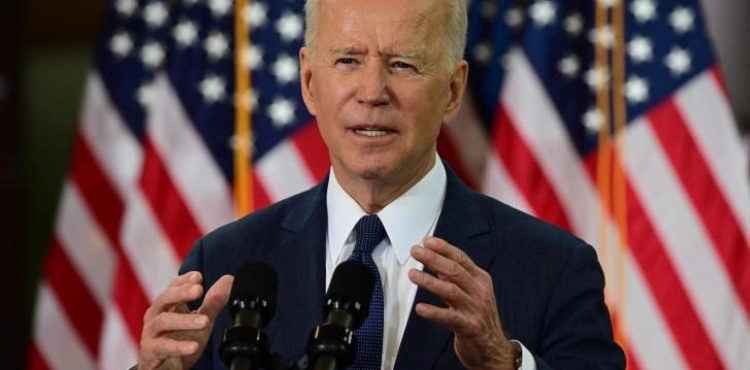The Al-Quds newspaper reported that the Administration of President Joe Biden plans to overturn former President Donald Trump´s executive order imposing sanctions on the ICC prosecutor and one of his top deputies in the next few days, removing another source of tension in U.S. relations with key allies -- including several European countries -- according to sources familiar with the decision.
The expected move is likely to alleviate the state of outright hostility on the part of the US government towards the International Tribunal based in The Hague, which clashed bitterly with the Trump administration over its efforts to investigate possible war crimes by the Israeli occupation authorities in the occupied Palestinian territories as well as American soldiers. In Afghanistan. But it will not likely end the tensions between the court and the Biden administration, which, like previous US administrations, claim that the court lacks the necessary authority to prosecute Israeli or American citizens, especially since neither country has ratified the 1998 treaty that established the international court.
Sources familiar with the matter said that this step may occur during the next few days or sometime during the next week, but an official warned that no official decision has yet been announced.
The expected move comes after human rights organizations and European governments have pressed the Biden administration in the past few months after former President Donald Trump left office. In February, more than 80 organizations signed a public letter urging the Biden administration to rescind Trump´s sanctions, describing them as "a betrayal of the United States´ legacy of establishing institutions of international justice."
The move also comes after ICC judges this week upheld the conviction and imprisonment of a Congolese warlord, Bosco Ntaganda, for 30 years for abuses during an ethnic conflict in the Democratic Republic of the Congo between 2002 and 2003. The United States had a major role in the arrest and transfer of Ntaganda to the International Criminal Court, an example that experts cite as illustrating how US cooperation with the ICC can enhance human rights and global accountability measures.












